Cleaning experts urge households to do this 1 key thing to reduce plastic during chores
It's time to ditch single-use plastic cleaning items

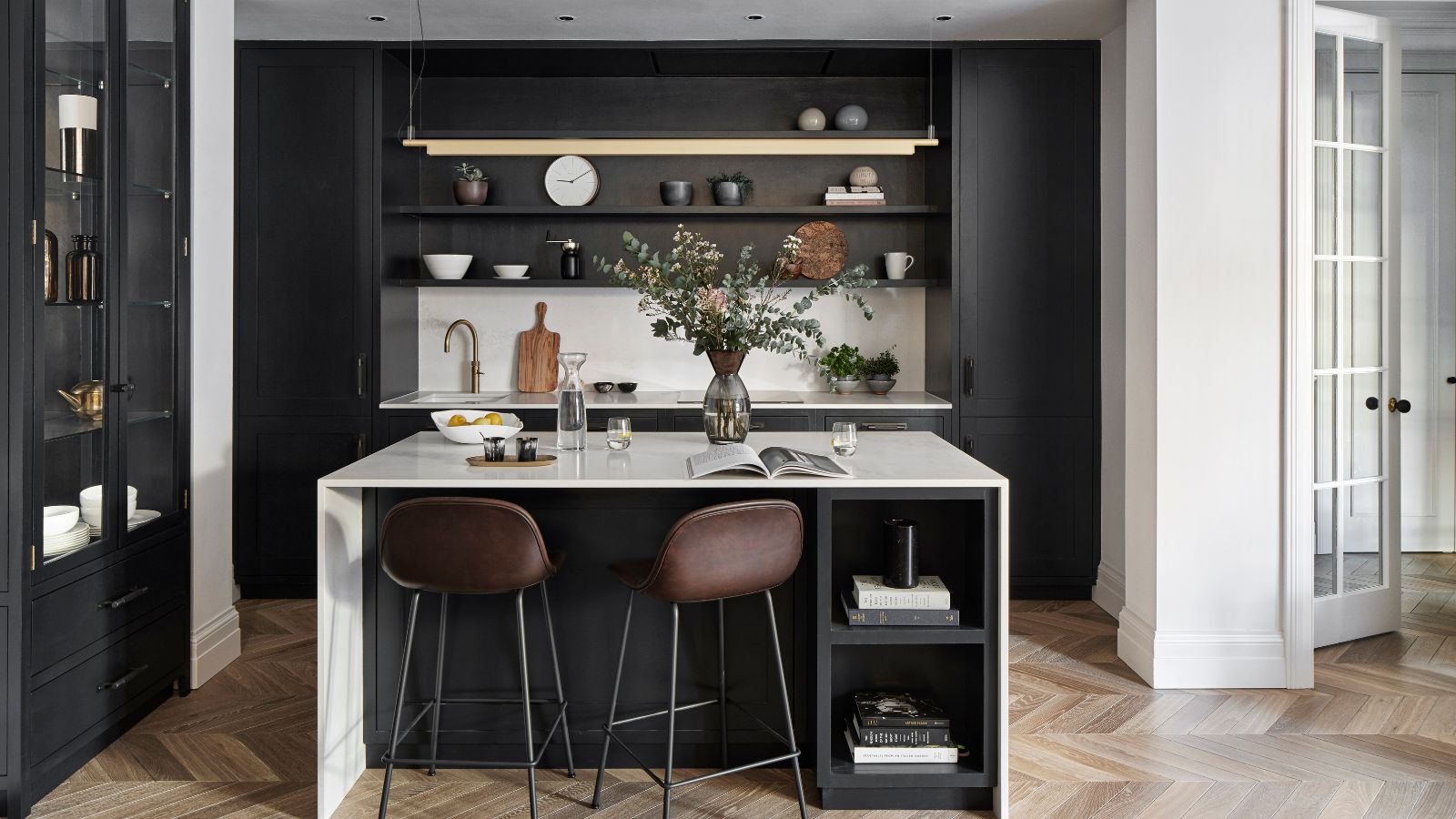
Design expertise in your inbox – from inspiring decorating ideas and beautiful celebrity homes to practical gardening advice and shopping round-ups.
You are now subscribed
Your newsletter sign-up was successful
Want to add more newsletters?

Twice a week
Homes&Gardens
The ultimate interior design resource from the world's leading experts - discover inspiring decorating ideas, color scheming know-how, garden inspiration and shopping expertise.

Once a week
In The Loop from Next In Design
Members of the Next in Design Circle will receive In the Loop, our weekly email filled with trade news, names to know and spotlight moments. Together we’re building a brighter design future.

Twice a week
Cucina
Whether you’re passionate about hosting exquisite dinners, experimenting with culinary trends, or perfecting your kitchen's design with timeless elegance and innovative functionality, this newsletter is here to inspire
We're all looking for ways to cut down on single-use plastic and be more sustainable at home, but did you know your regular cleaning routine could be affecting the environment?
Luckily, say professional cleaners, there's one super simple, sustainable way to reduce plastic in your cleaning routine – by buying and using refillable products.
Here, they share their top cleaning tips for overhauling your supplies with the environment in mind.
This is the best way to reduce plastic in your cleaning routine
As Scott Schrader, professional cleaner at CottageCare, says, 'Cutting plastic out of your everyday cleaning methods is not just better for the planet – it's often healthier and more streamlined on your wallet!'
The easiest way to do this is to swap your cleaning supplies to refillable options, which is also a great way to stop unnecessary trash and reduce your impact on the environment.
Samantha Shpeen from Clean Cult recommends, 'The average kitchen is a hotbed of plastic, from dish soap to sprays. Swapping these for refillable aluminium bottles makes a big impact, fast.'
The aluminium here, she explains, is important. 'Many "eco" cleaners still come in plastic,' she says. 'Look for paper-based cartons or refillable aluminium bottles, to adopt cleaning systems designed to eliminate single-use waste entirely.'
Design expertise in your inbox – from inspiring decorating ideas and beautiful celebrity homes to practical gardening advice and shopping round-ups.
For example, the Cleancult Dish Soap Liquid Refills available at Amazon use 90% less plastic, and the Cleancult Wild Lavender All Purpose Cleaner, also available at Amazon, comes in a refillable aluminium bottle.
And, while recycling is good, refilling is better, she adds, particularly if you want to avoid greenwashing.
Scott agrees, saying, 'Opting for refillable bottles, rather than recycling and replacing, is better for the planet oftentimes, since it minimises the waste of manufacturing and shipping. Reuse is always a more sustainable option than recycling.
'Brands like Cleancult and Grove Collaborative available at Amazon, sell systems of refills for household cleaning products which are durable, effective, and environmentally friendly!'
We like the amber glass spray bottles from Amazon for making DIY glass sprays using essential oils. It's a versatile cleaning spray that can be used across many surfaces and the amber bottle is sturdy, refillable, and protects the solution from UV damage or breakdown.
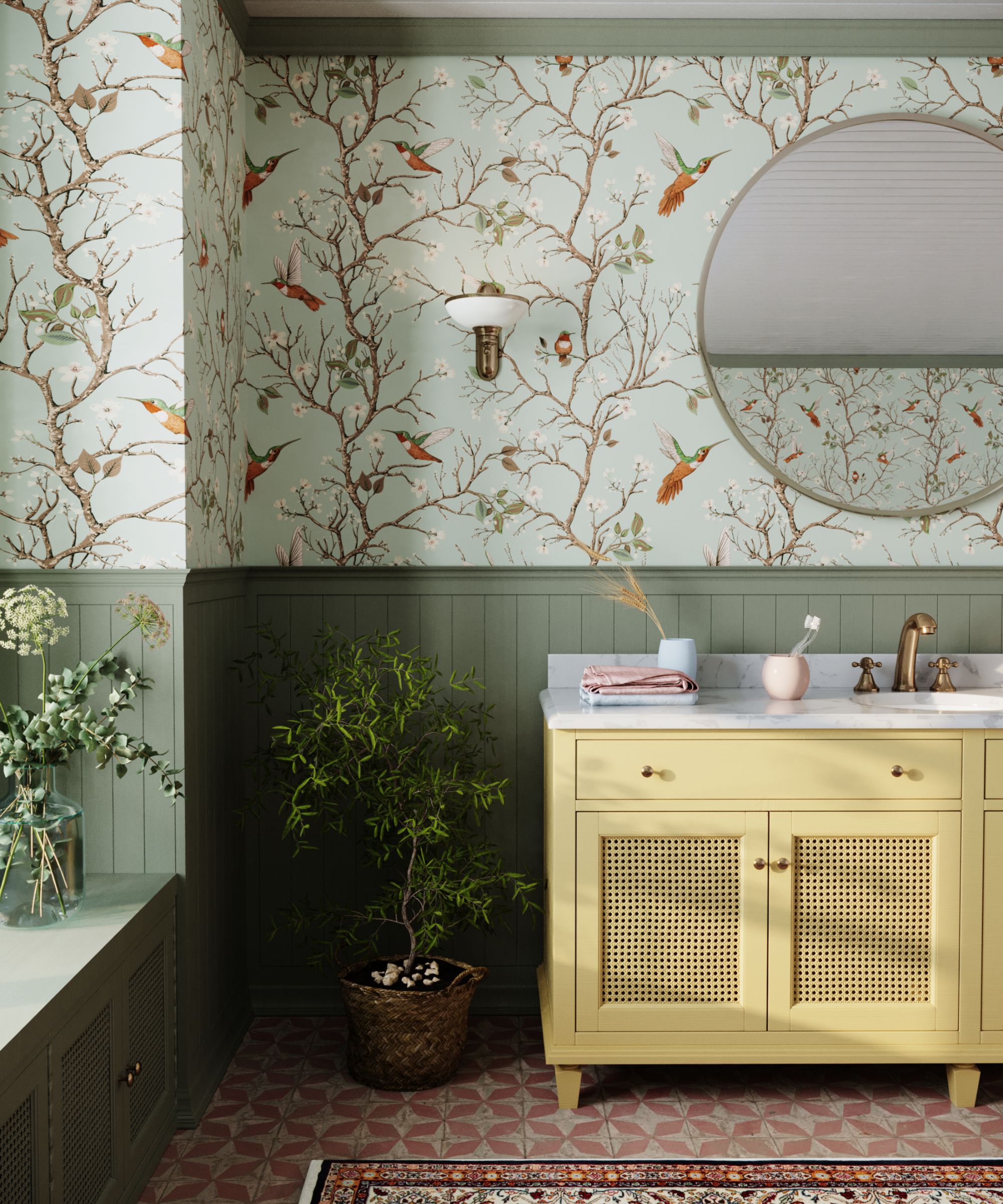
You can use refillable cleaning products anywhere around your home.
Additionally, advises Armando Calderon, owner at Joy's Cleaning Services, using refillable products also means you can buy in bulk, helping you to save money at home in the long run.
'We've been a professional cleaning company for over 12 years in the Chicago area,' he says. 'To keep costs down, we often buy in bulk, and get gallons of cleaners at a time, then refill the smaller spray bottles.
'We made the decision to do that based on economics of better price points for volume purchases, but it does actually save a decent amount.
'For example, something like a glass cleaner or degreaser we can often get in one to five gallon jugs. It saves on plastics by recycling a single five gallon jug versus dozens of 32 oz spray bottles with their squirter heads.'
This cleaning trick to reduce plastic at home is particularly effective when paired with replacing disposable wipes for microfiber cloths, adds Taylor Riley, partner at AMR US Commercial Cleaning, so long as you know how to wash a microfiber cloth.
'I use microfiber every day because they trap dust, dirt, and bacteria better than your standard paper towels, and you can wash and reuse them hundreds of times,' he explains.
'Not only does this reduce plastic packaging waste, but it also saves money in the long run. Personally, I like to get multiple colors so I can coordinate which cloths are used in which areas. That way, you're not using the same microfiber to scrub your toilets and your countertops.'
Color-coded cleaning is also our top tip for a more hygienic routine.
What to shop
All prices were correct at the time of publication.
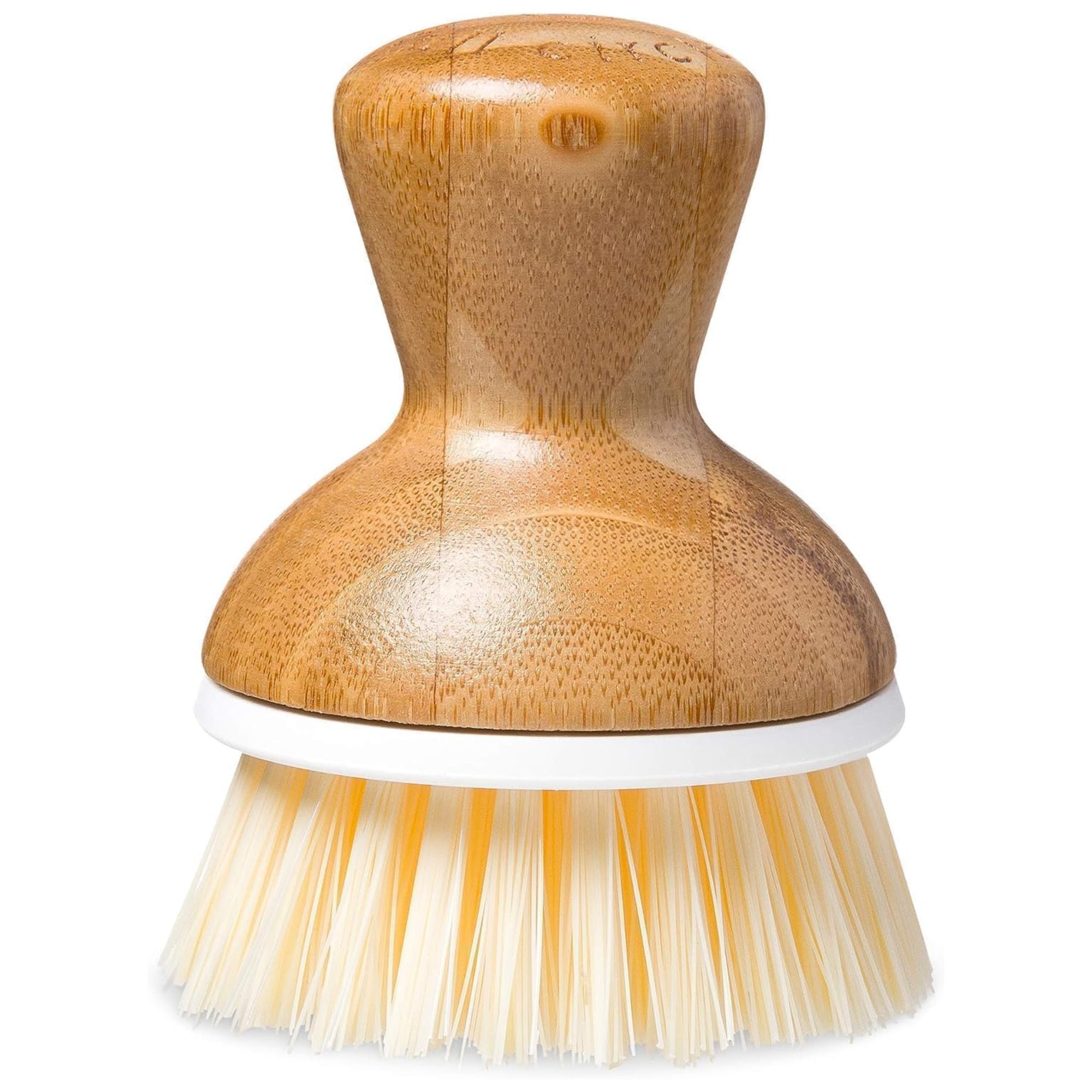
This sustainable scrubbing brush is suitable for cleaning dishes, non-stick cookware, cast iron pots, vegetables and sinks, and is easy to clean and care for with simple warm soapy water.
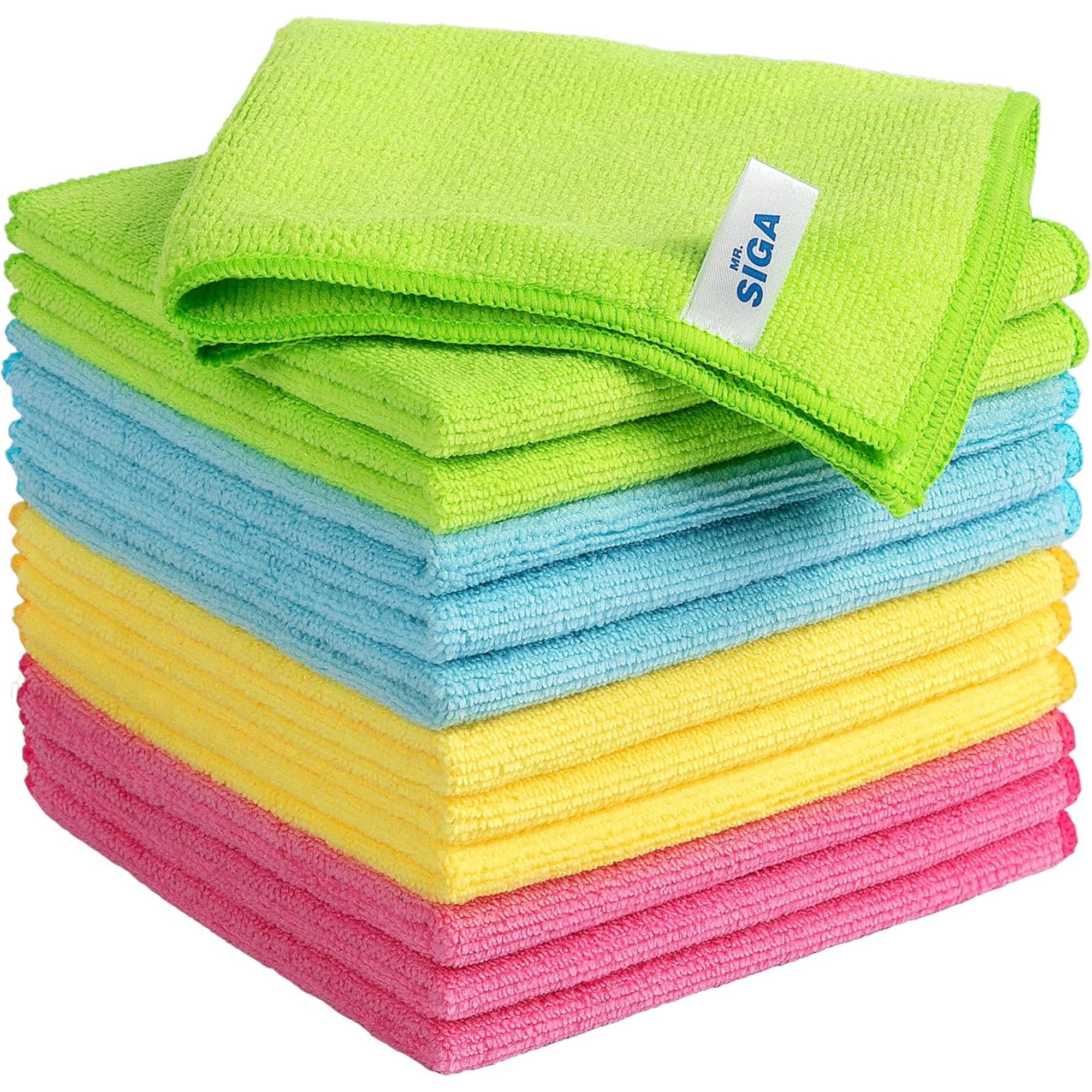
These super soft, absorbent and lint-free microfiber cleaning cloths are ideal for pairing with your refillable cleaning products, for dusting, cleaning and shining up surfaces.
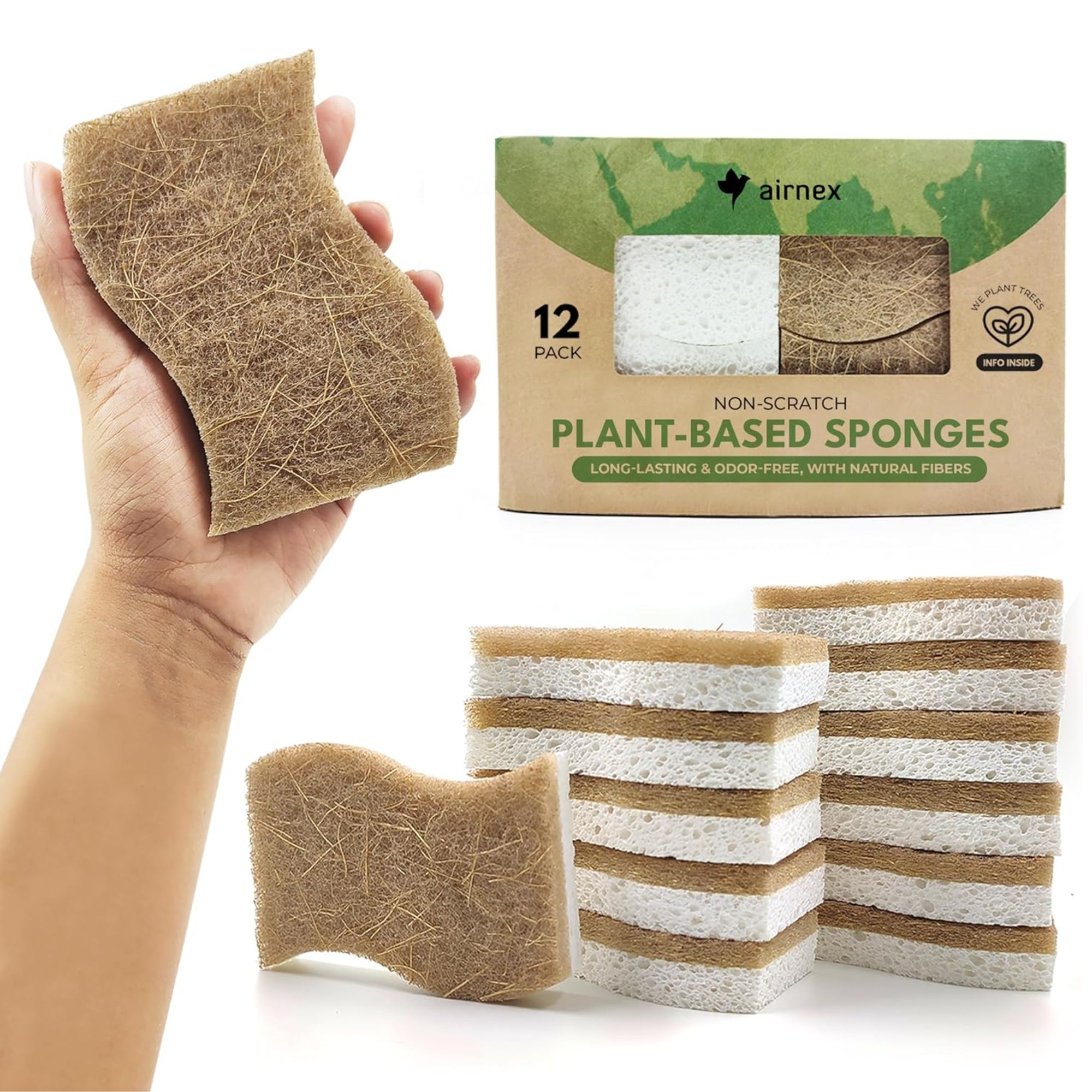
These biodegradable, compostable non-scratch scrubbing sponges are made from long-lasting and odor-free coconut and cellulose fibers.
Meet our experts

Samantha is the controller and chief home officer at Clean Cult, where she helps bring sustainability into every corner of the home. A mom of two and passionate advocate for practical eco-living, Samantha serves as the brand’s go-to expert on household sustainability. From appliance recycling to low-waste cleaning routines, she offers grounded, relatable advice for consumers looking to live more eco-conscious without overhauling their lifestyles.

As a cleaning expert at family-owned company CottageCare, Scott is an expert when it comes to all things cleaning, including how to overhaul your routine with sustainability in mind.

Joy's Cleaning Service specializes in commercial, post-renovation, and post-demolition cleaning, with a team of cleaning professionals with a combined period of over ten years.
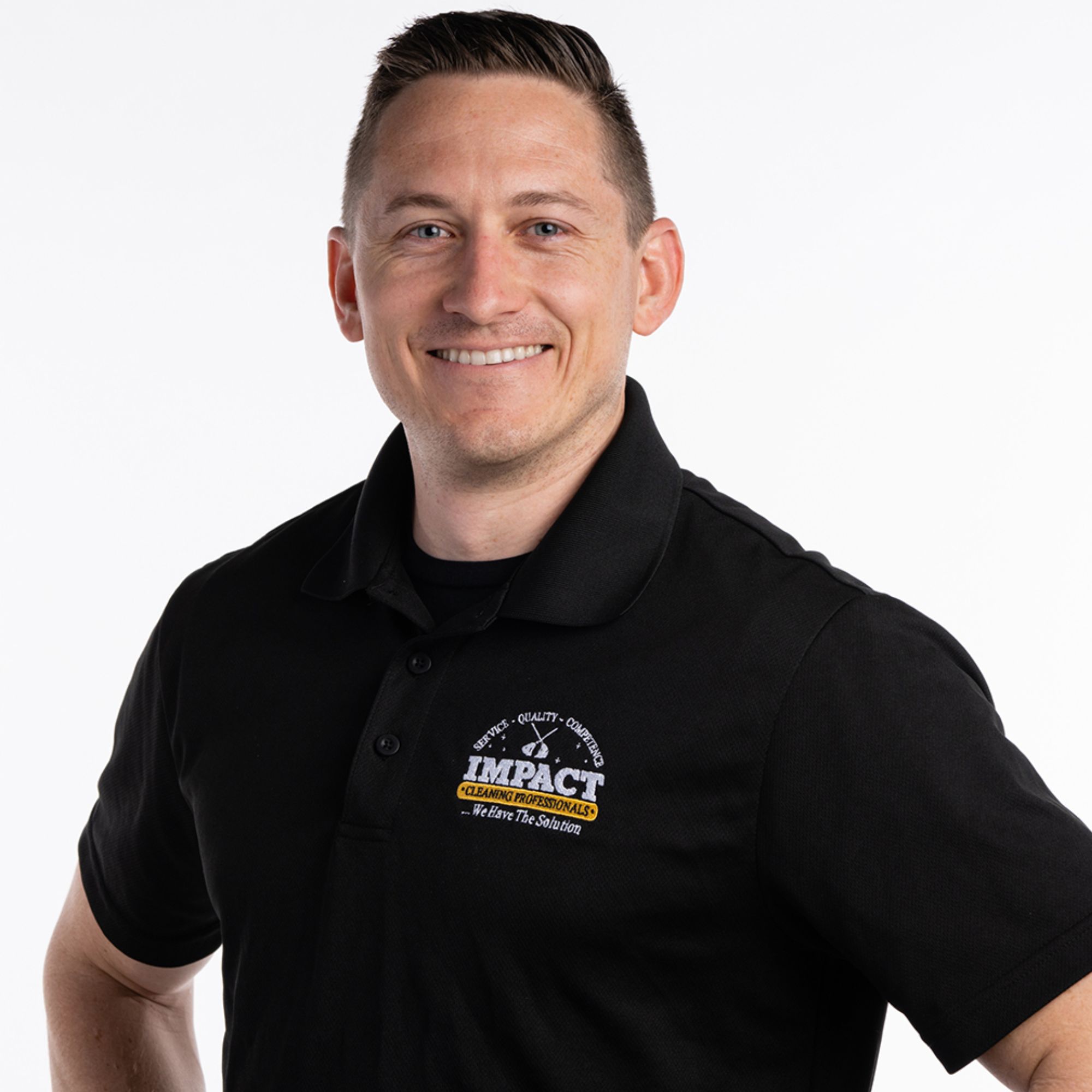
Taylor is a partner at AMR US Commercial Cleaning of Maryland, and co-founded a successful cleaning business, gaining hands-on experience in both residential and commercial cleaning, business management, and digital marketing. He has been featured in publications like Entrepreneur, Forbes, Clean Biz Network, and more.
'You don’t need to overhaul your routine,' says Samantha. 'Just one high-use product swap can save dozens of plastic bottles a year.'
If you're interested in reducing plastic use, it's also a good idea to invest in non-toxic cleaning supplies to make your home less toxic.

Ottilie joined Homes & Gardens in 2024 as the News Writer on Solved, after finishing a Master's in Magazine Journalism at City, University of London. Now, as the Sleep Editor, she spends her days hunting deals and producing content on all things sleep – from mattresses and sheets to protectors and pillows, all of which she tests in her own home. She also has particular expertise in home fragrance, covering everything from candles to reed diffusers.
Previously, she has written for Livingetc and Motorsport Magazine, and also has a Master's degree in English Literature and History of Art from the University of Edinburgh, where she developed a love for inspiring interiors and architecture.